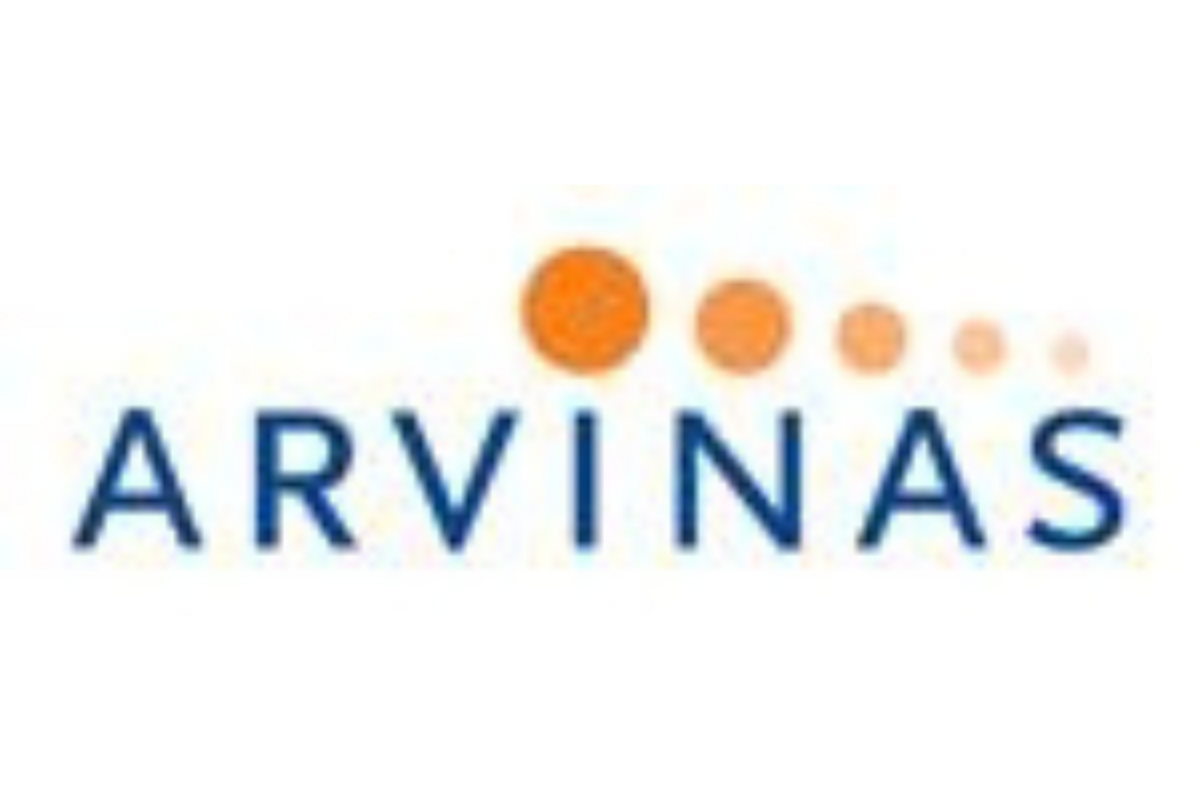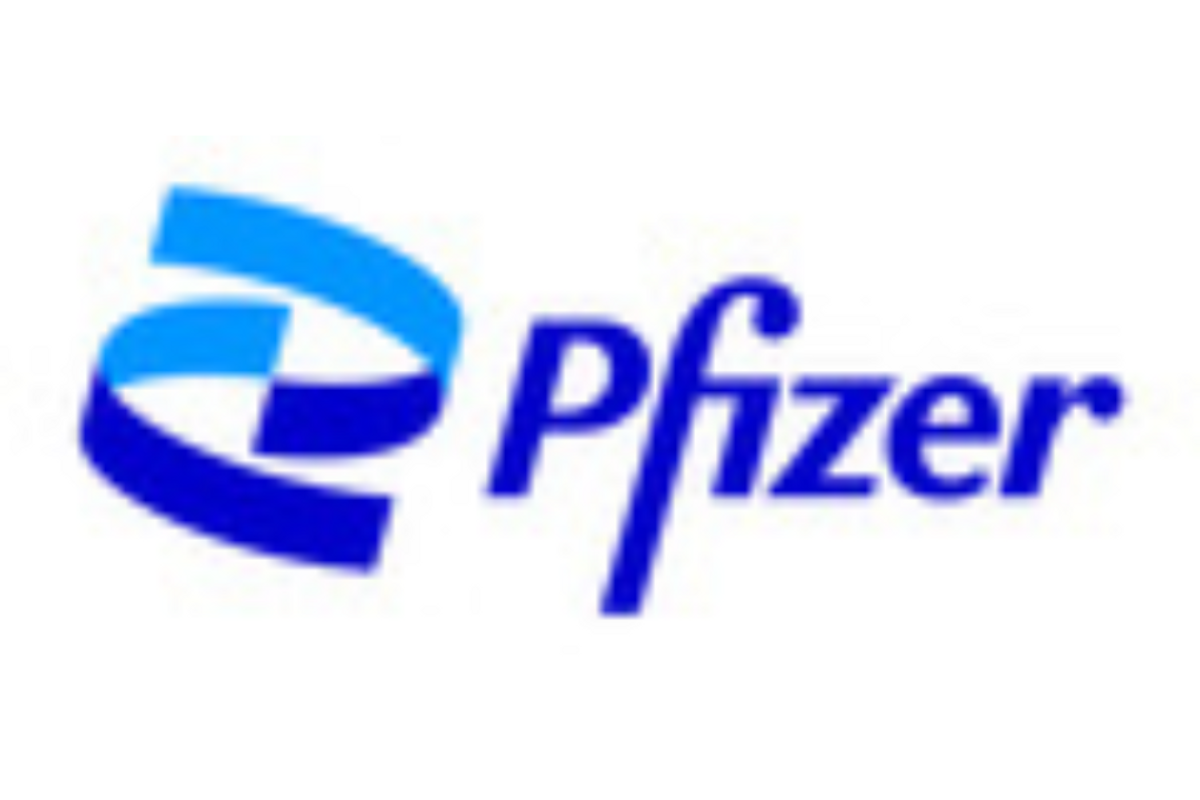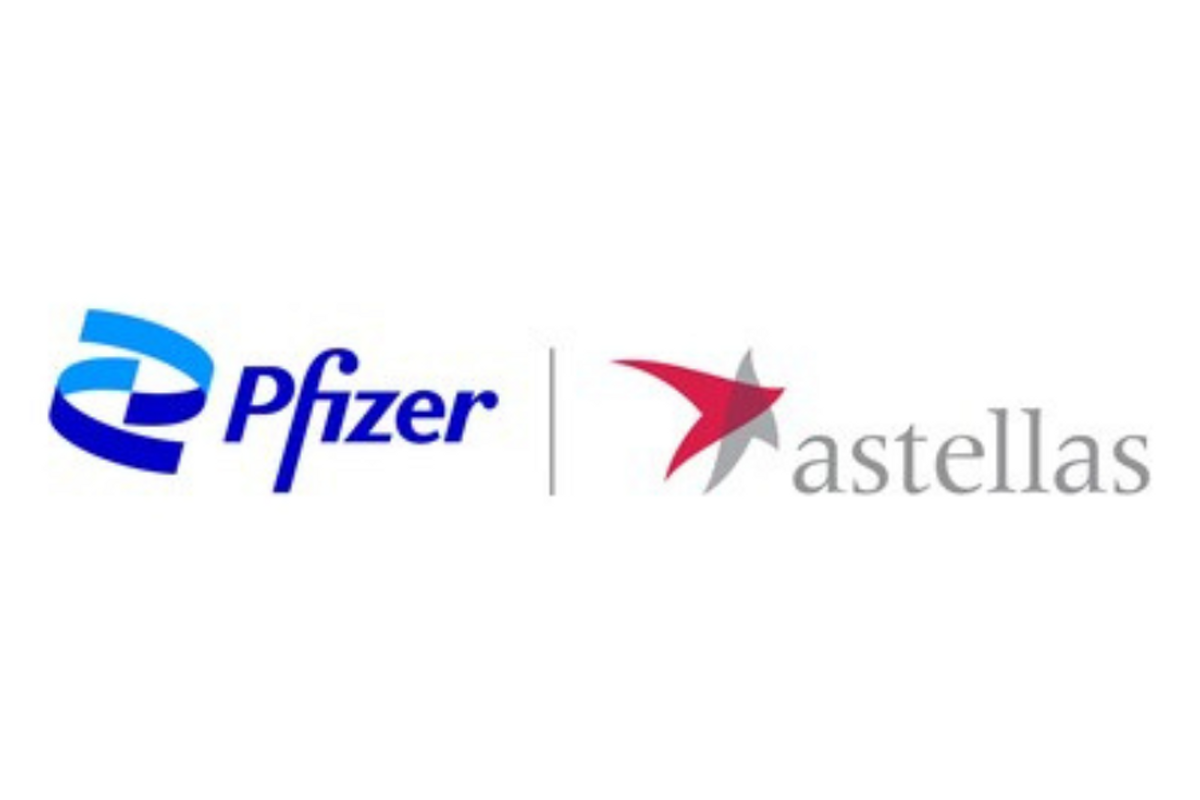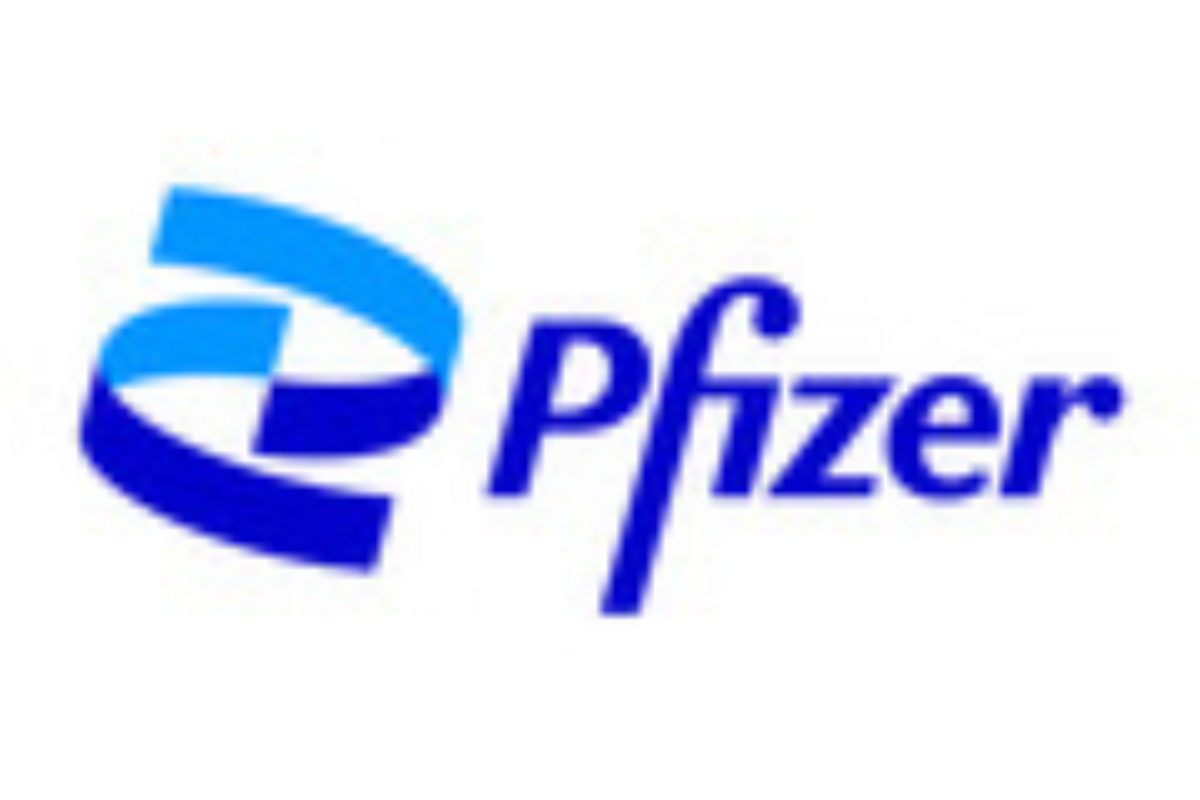XTANDI ® (enzalutamide) plus androgen deprivation therapy (ADT) significantly delays time to PSA progression compared to placebo plus ADT
Study enrolled 180 men with metastatic hormone-sensitive prostate cancer in mainland China
- Astellas Pharma Inc. (TSE: 4503, President and CEO: Kenji Yasukawa Ph.D., "Astellas") today announced positive topline results from the Phase 3 China ARCHES study of XTANDI ® (enzalutamide) plus androgen deprivation therapy (ADT) in men with metastatic hormone-sensitive prostate cancer (mHSPC) versus placebo plus ADT. The study met its primary endpoint, demonstrating a statistically significant improvement in time to prostate-specific antigen (PSA) progression (TTPP), defined as a ≥ 25% increase and an absolute increase of ≥ 2 µgL (2 ngmL) above the nadir (i.e., lowest PSA value observed post baseline or at baseline), which is confirmed by a second consecutive value at least 3 weeks later. At the topline analysis, the safety of XTANDI plus ADT was broadly consistent with the known safety profile for the medication.
The study also met key secondary endpoints, demonstrating that treatment with XTANDI plus ADT notably reduced the risk of radiographic progression-free survival (rPFS) and increased the rate of patients with undetectable PSA versus placebo plus ADT.
"With the rising incidence of prostate cancer diagnoses among men in China , there is a need for new and effective treatment options," said Ahsan Arozullah, M.D., M.P.H., Senior Vice President and Head of Development Therapeutic Areas, Astellas. "As observed in our global Phase 3 ARCHES study, and now reaffirmed with China ARCHES, XTANDI significantly delays the time to disease progression in men with mHSPC and may provide an important treatment option for men in China if approved."
"While past global studies have supported the use of XTANDI plus ADT in men with mHSPC, it is encouraging to see these results replicated for patients in mainland China ," said Prof. Zhou Fangjian, Head of Urology Department, Sun Yat -sen University Cancer Center, Sun Yat -sen University.
"As an existing standard of care for Chinese men with castration-resistant prostate cancer, XTANDI has the potential to help men earlier in their treatment journey – before their disease stops responding to therapies that lower testosterone," said Prof. Ye, Dingwei, Vice President of the Fudan University Shanghai Cancer Center, Director of the Multi-disciplinary Team for GU Cancer.
Detailed results from China ARCHES will be submitted for publication in the near future. Data from China ARCHES will be shared with the China National Medical Products Administration (NMPA) to potentially support a regulatory filing.
XTANDI has not been approved by the NMPA for the treatment of mHSPC.
This result will have no impact on the financial forecasts of the current fiscal year ending March 31, 2023 .
About Metastatic Hormone-Sensitive Prostate Cancer
In China, prostate cancer is the most common tumor in male genitourinary cancers. 1 It is the second most common cancer in men worldwide. 2 Prostate cancer is considered metastatic once it has spread outside of the prostate gland to other parts of the body, such as distant lymph nodes, bones, lungs, and liver. 3 Men are considered hormone- (or castration-) sensitive if their disease still responds to medical or surgical treatment to lower testosterone levels. 4 Metastatic hormone-sensitive prostate cancer (mHSPC) has a median survival of approximately 3-4 years for men starting treatment with ADT. 5
About the China ARCHES Trial
The company-sponsored, multicenter, Phase 3, randomized, double-blind, placebo-controlled China ARCHES trial (NCT04076059) enrolled 180 Chinese patients with metastatic hormone-sensitive prostate cancer (mHSPC) across 30 sites in mainland China. Patients in the trial were randomized to receive XTANDI 160 mg daily or placebo and continued on a luteinizing hormone-releasing hormone (LHRH) agonist or antagonist or had a history of bilateral orchiectomy. The primary endpoint of the trial was time to prostate-specific antigen (PSA) progression (TTPP), defined as a ≥ 25% increase and an absolute increase of ≥ 2 ng/mL above the nadir, which is confirmed by a second consecutive value at least 3 weeks later. Secondary endpoints include radiographic progression-free survival (rPFS), time to first Symptomatic Skeletal Event (SSE), time to castration resistance, PSA response (≥ 50%), PSA response (≥ 90%), time to initiation of new antineoplastic therapy, PSA undetectable rate, which is defined as the percentage of subjects with detectable (≥ 0.2 ng/mL) PSA at baseline, which becomes undetectable (
For more information on the China ARCHES trial, go to www.clinicaltrials.gov .
About XTANDI ® (enzalutamide soft capsules)
Enzalutamide is an androgen receptor signaling inhibitor indicated for the treatment of adult men with non-metastatic castration-resistant prostate cancer (nmCRPC) with high-risk of metastasis or metastatic castration-resistant prostate cancer (mCRPC) who are asymptomatic or mildly symptomatic after failure of ADT in whom chemotherapy is not yet clinically indicated. 6
Important Safety Information
For Important Safety Information for enzalutamide please see the Package Insert.
About Astellas
Astellas Pharma Inc. is a pharmaceutical company conducting business in more than 70 countries around the world. We are promoting the Focus Area Approach that is designed to identify opportunities for the continuous creation of new drugs to address diseases with high unmet medical needs by focusing on Biology and Modality. Furthermore, we are also looking beyond our foundational Rx focus to create Rx+ ® healthcare solutions that combine our expertise and knowledge with cutting-edge technology in different fields of external partners. Through these efforts, Astellas stands on the forefront of healthcare change to turn innovative science into VALUE for patients. For more information, please visit our website at https://www.astellas.com/en .
About the Pfizer/Astellas Collaboration
In October 2009 , Medivation, Inc., which is now part of Pfizer (NYSE:PFE), and Astellas (TSE: 4503) entered into a commercial agreement to jointly develop and commercialize XTANDI® (enzalutamide) in the United States , while Astellas has responsibility for manufacturing and all additional regulatory filings globally, as well as commercializing the product outside the United States .
Cautionary Notes
In this press release, statements made with respect to current plans, estimates, strategies and beliefs and other statements that are not historical facts are forward-looking statements about the future performance of Astellas. These statements are based on management's current assumptions and beliefs in light of the information currently available to it and involve known and unknown risks and uncertainties. A number of factors could cause actual results to differ materially from those discussed in the forward-looking statements. Such factors include, but are not limited to: (i) changes in general economic conditions and in laws and regulations, relating to pharmaceutical markets, (ii) currency exchange rate fluctuations, (iii) delays in new product launches, (iv) the inability of Astellas to market existing and new products effectively, (v) the inability of Astellas to continue to effectively research and develop products accepted by customers in highly competitive markets, and (vi) infringements of Astellas' intellectual property rights by third parties.
Information about pharmaceutical products (including products currently in development) which is included in this press release is not intended to constitute an advertisement or medical advice.
References
1 Chinese guidelines for diagnosis and treatment of prostate cancer 2018. Chin J Cancer Res. 2019 Feb; 31(1): 67–83.
2 Rawla P. Epidemiology of Prostate Cancer. World J Oncol. 2019; 10(2): 63-89.
3 American Society of Clinical Oncology. ASCO Answers: Prostate Cancer (2021). https://www.cancer.net/sites/cancer.net/files/asco_answers_guide_prostate.pdf . Accessed September 17, 2021 .
4 Cancer.net. Prostate Cancer: Types of Treatment (09-2020). https://www.cancer.net/cancer-types/prostate-cancer/types-treatment . Accessed September 17, 2021 .
5 Mottet N, et al. Updated Guidelines for Metastatic Hormone-sensitive Prostate Cancer: Abiraterone Acetate Combined with Castration Is Another Standard. Eur Urol. 2018;3:316-321.
6 Enzalutamide package insert. China. Astellas Pharma Inc.
![]() View original content to download multimedia: https://www.prnewswire.com/news-releases/astellas-announces-phase-3-china-arches-study-of-xtandi-meets-primary-endpoint-301770784.html
View original content to download multimedia: https://www.prnewswire.com/news-releases/astellas-announces-phase-3-china-arches-study-of-xtandi-meets-primary-endpoint-301770784.html
SOURCE Astellas Pharma Inc.










